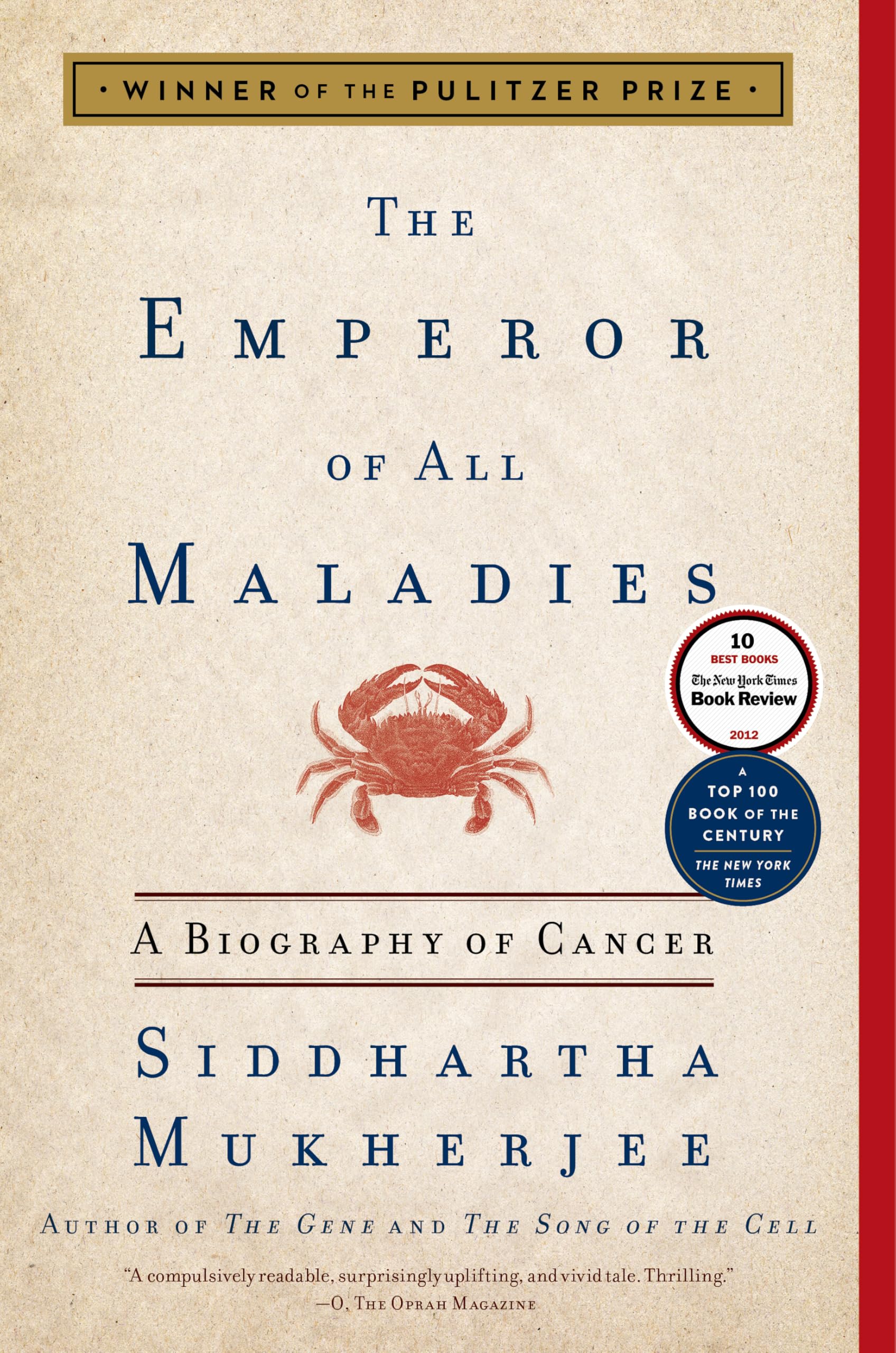Multicellular organisms need checks on how often and by how much a group of their cells can multiply. A liver must contain a specific amount of liver cells, and cancer occurs when these cells are able to continually divide and eventually activate non liver specific genes.
The cells of a multicellular organism become highly altruistic because each cell of the organism gives up its ability to reproduce in order to provide a chance for the organism's gametes to produce a new living organism.
So wyldfire's original comment on Cancer being a 'feature' is not necessarily incorrect, however the explanation is.
Cancer occurs when the contract that states that the Liver cells, who cannot reproduce, become able to continually divide without checks and balances. You can also almost think of Cancer as Cellular natural selection and evolution within the body. Cancer is a feature and consequence of multicellularity and likely not adaptive in any way such as sickle cell anemia and malaria resistance.
An awesome book which touches on this in addition to other history or cancer is The Emperor of all Maladies http://www.amazon.com/Emperor-All-Maladies-Biography-Cancer/...
http://www.pbs.org/show/story-cancer-emperor-all-maladies/
It's based on this book, which I have not read: http://www.amazon.com/The-Emperor-All-Maladies-Biography/dp/...
http://www.amazon.com/Emperor-All-Maladies-Biography-Cancer/...
Highly recommended reading, BTW, though it's a bit depressing.
For the average to go up only four months either we're doing really well against a tiny percentage of cancers or we're doing generally a tiny bit better against most cancers. Or some combination of the two. Either way you look at it that's an indication of lack of progress.
[1]: http://www.amazon.com/Emperor-All-Maladies-Biography-Cancer/...
My take away at the end of the book was that for all of the "war on cancer" hyperbole going back to the 50s, up until the mid-90s, we just didn't know enough about cancer to really be fighting it. I feel a lot more optimistic about the next 50 years of cancer research than the previous 50.
http://www.amazon.com/Emperor-All-Maladies-Biography-Cancer/... (non-affliate link)
For some incredibly interesting reading on the history of battle against cancer I highly recommend The Empreror of All Maladies [0].
0: http://www.amazon.com/The-Emperor-All-Maladies-Biography/dp/...
Here's the link without the affiliate code: http://www.amazon.com/gp/product/1439170916
If you care to learn more about the disease and the search for a cure, check out "The Emperor of All Maladies: A Biography of Cancer" by Siddhartha Mukherjee. Fascinating, scary and sobering.


https://www.amazon.com/Emperor-All-Maladies-Biography-Cancer...